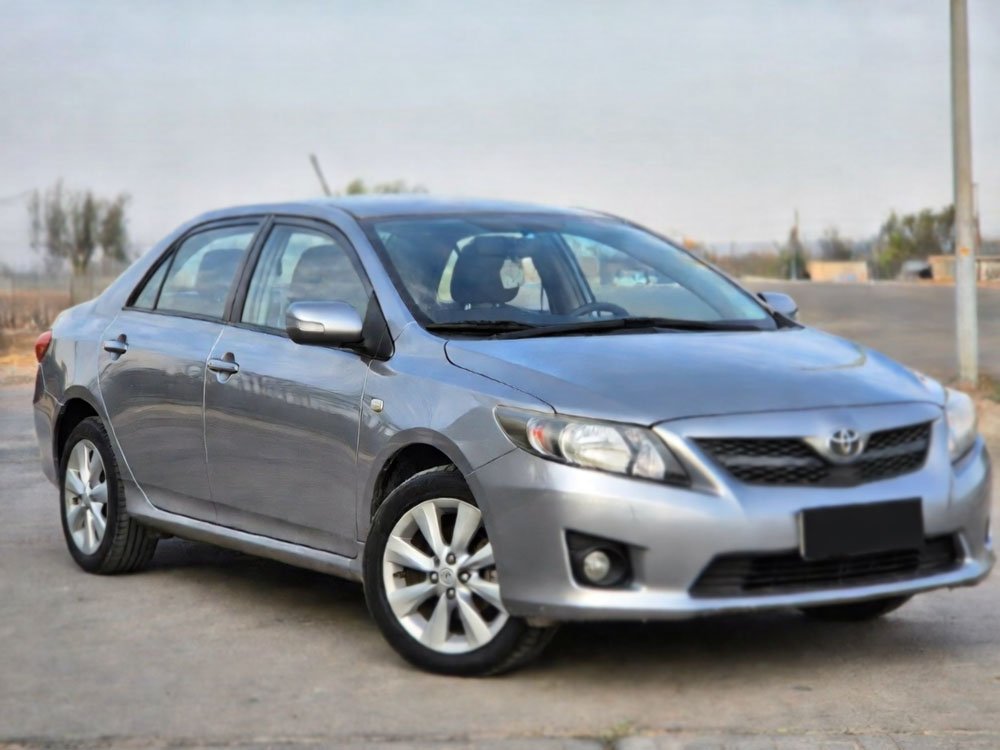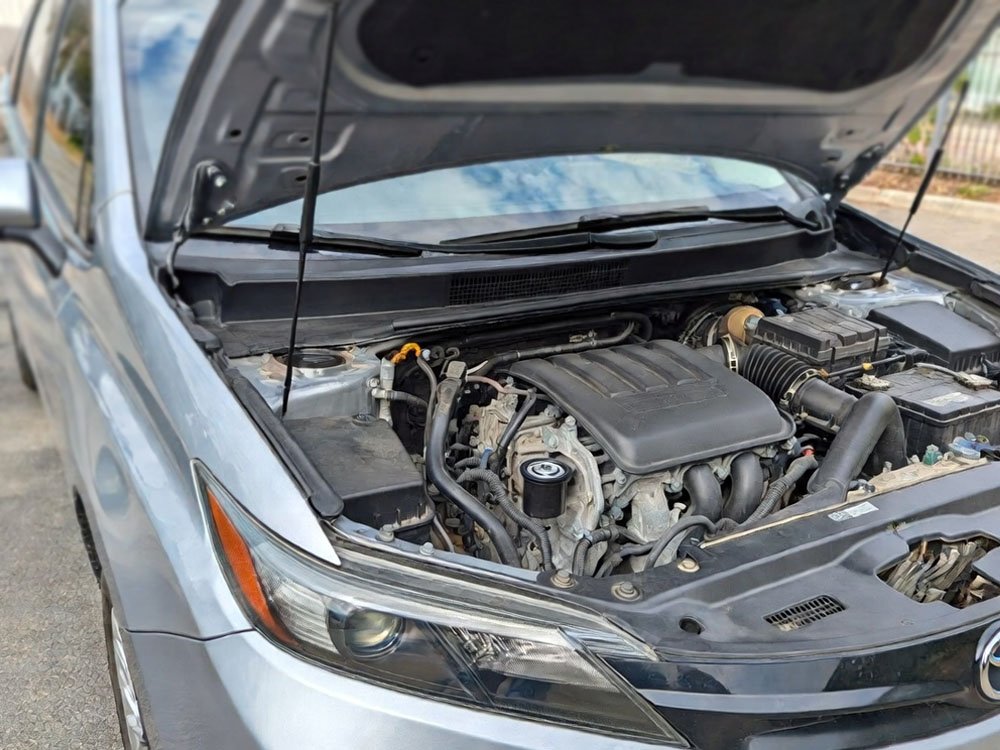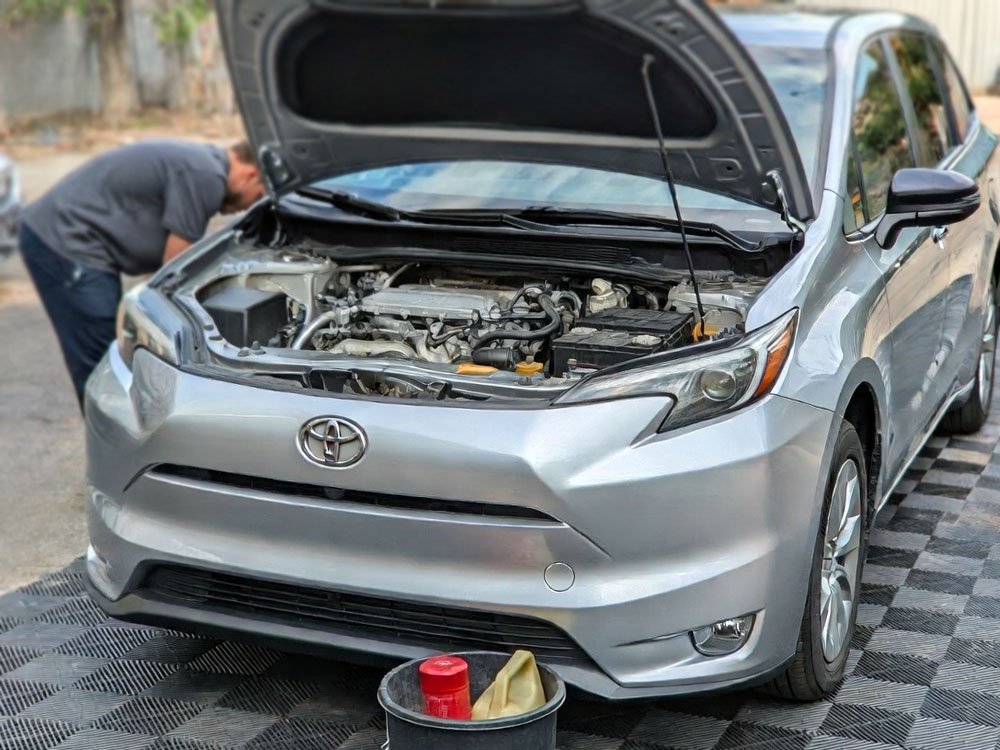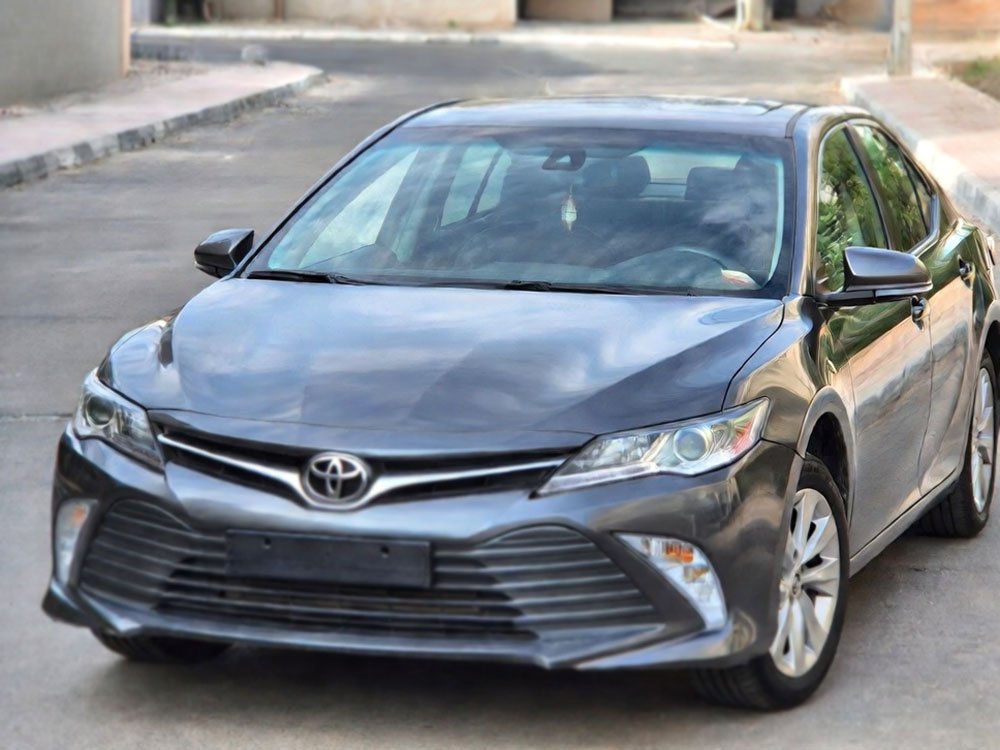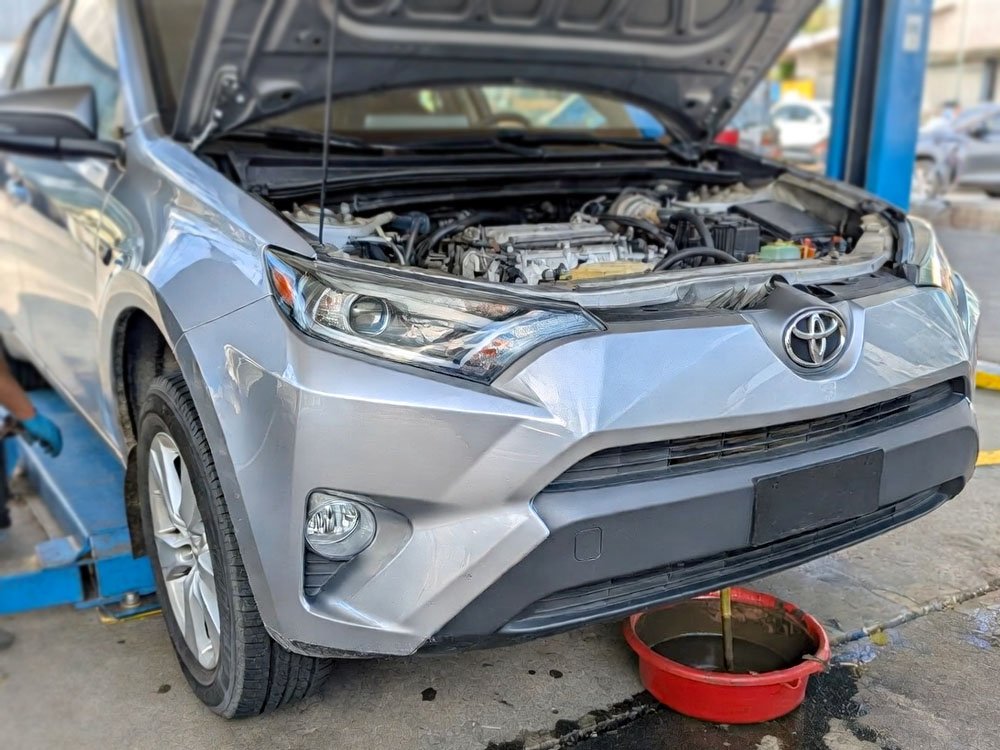As an Amazon Associate, I earn from qualifying purchases at no extra cost to you.
How to Tell if Your Catalytic Converter is Bad – Expert Guide
Have you ever been driving and noticed your car feels sluggish, or the check engine light suddenly pops up? Maybe your car stalls sometimes, or it smells weird from the exhaust. These are all little signs your catalytic converter might be acting up. Don't panic—it's not always a massive repair, but knowing the signs early can save you a lot of money and hassle. Let's break it down in a super simple, practical way.
Key Takeaways: To figure out if your catalytic converter is bad, pay attention to reduced engine power or sluggish acceleration, unusual noises like rattling from underneath, excessive exhaust heat, strange smells such as rotten eggs, warning lights on your dashboard, failed emissions tests, and use simple tests like OBD-II scanner readings or visual inspections. Catching these early can prevent bigger engine damage.
Check for Engine Performance Issues
One of the easiest ways to spot a failing catalytic converter is by feeling how your car drives. If your engine suddenly feels weak, slow to accelerate, or struggles even on flat roads, it could be a blockage in the catalytic converter. The converter's job is to clean exhaust gases, but if it's clogged, it chokes your engine and reduces power. Don't ignore these feelings—your car knows something isn't right before you do.
Sometimes, your car might hesitate or stall when you push the accelerator. This isn't just about fuel or spark plugs. It's often the converter struggling to let exhaust gases pass smoothly. Older cars might feel heavier when climbing hills or accelerating onto highways. Modern cars have sensors, but even they can't fully compensate if the converter is clogged.
Another tip is fuel economy. If you notice your car is guzzling gas more than usual, a bad catalytic converter could be partly responsible. When exhaust flow is restricted, the engine works harder, burns more fuel, and feels sluggish. So, even a small drop in performance combined with poor mileage is a clue.
- Reduced acceleration
- Engine hesitation or stalling
- Poor fuel efficiency
Listen for Rattling or Strange Noises
A rattling noise from underneath your car is another sign your catalytic converter might be failing. Inside the converter is a ceramic honeycomb structure that can break apart over time. When these pieces come loose, you hear a metallic rattling sound, especially when starting the engine or accelerating. It's subtle at first but gets louder over time.
Sometimes the noise happens only when the car is cold or at idle. Pay attention when you're stopped at a light or parking lot. Even a soft rattle is a warning—ignoring it can lead to a completely clogged converter, which can seriously damage the engine.
If you hear a high-pitched buzzing or unusual vibrations, it might not be the exhaust pipe or muffler. The converter itself can produce different noises depending on what part inside is damaged. A visual inspection or mechanic check can confirm it, but listening carefully while driving is a cheap and easy first check.
- Rattling or buzzing sounds under car
- Louder noise when idling or accelerating
- Caused by broken internal parts
Watch for Warning Lights
The check engine light isn't there to annoy you—it's there for a reason. One common reason it comes on is a failing catalytic converter. Modern cars have sensors that detect how well the converter is processing exhaust gases. If efficiency drops, the sensor triggers the light.
Sometimes it's code P0420, which specifically indicates "catalyst system efficiency below threshold." Other codes may also hint at converter issues, but P0420 is the most common. Even if your car seems fine, ignoring this light can lead to more expensive repairs later, including engine damage.
Don't just reset the light and forget it. Use an OBD-II scanner to read the code and confirm it points to the catalytic converter. Many auto parts stores will check codes for free, which is a simple first step before spending money.
- Check engine light may appear
- Common code: P0420
- Signals efficiency problems in the converter
Smell for Rotten Eggs or Unusual Odors
A strange, sulfur-like smell from your exhaust is another sign of trouble. When a catalytic converter fails, it can't process sulfur in the fuel properly, and it produces a rotten egg smell. This is not normal, and it's different from typical exhaust odors.
You may notice it mostly after starting the car or while driving slowly. It's stronger if the converter is partially blocked, because gases are trapped and released inefficiently. This smell can be subtle at first but worsens over time.
Besides the smell, watch for visible smoke. A bad converter can sometimes cause gray or black smoke from the exhaust. This is another sign that the catalytic converter isn't cleaning exhaust gases properly. Addressing the smell early can prevent larger engine or emissions problems.
- Rotten egg smell from exhaust
- Stronger at low speeds or idle
- May cause unusual smoke
Test with an OBD-II Scanner or Visual Inspection
Using an OBD-II scanner is one of the easiest ways to confirm a converter problem. Plug it into your car's diagnostic port, read the codes, and see if there are efficiency-related errors. Codes like P0420 or P0430 are the main flags. Even without professional tools, this gives a clear sign whether the converter is struggling.
You can also do a simple visual inspection. Look for physical damage, discoloration, or melted areas on the converter. Check for dents, rust, or broken heat shields. Even small cracks can affect performance and lead to internal breakage.
Combining scanner readings with a visual check gives a reliable picture. If the converter looks damaged and the scanner shows a code, you can be almost certain it needs attention. Acting early saves money and prevents bigger engine problems.
- Use OBD-II scanner for codes
- Visual check for damage or discoloration
- Combine both for reliable diagnosis
Consider Emissions and Professional Help
Failing a smog or emissions test is a strong signal of a bad catalytic converter. Even if your car drives fine, high emissions mean the converter isn't cleaning gases properly. This not only fails legal checks but can hurt the environment and damage other engine parts.
Sometimes, cleaning the converter helps, but often replacement is the only solution. A professional mechanic can measure backpressure, inspect internal parts, and recommend the right fix. Trying to drive too long with a failing converter can lead to overheating, engine misfires, or even more expensive damage.
Professional help is also valuable if you're unsure about symptoms. Mechanics can confirm the problem and install a certified replacement. Early intervention keeps your car running efficiently, safe, and legal.
- Failed emissions tests
- Cleaning may help, but often needs replacement
- Professional check prevents bigger damage
Final Thoughts
Knowing the signs of a bad catalytic converter is easier than most people think. By paying attention to engine performance, noises, smells, warning lights, and simple diagnostic tests, you can catch issues early. Acting quickly prevents costly repairs and keeps your car running smoothly. Don't ignore subtle symptoms—they often save a lot of money and stress in the long run.
| Symptom / Test | What it Indicates | Quick Tip |
|---|---|---|
| Reduced acceleration | Blocked or failing converter | Compare car performance on flat roads |
| Rattling noise | Broken internal parts | Listen at idle and during acceleration |
| Check engine light | Efficiency problems | Scan codes with OBD-II tool |
| Rotten egg smell | Sulfur processing issue | Smell near exhaust at low speeds |
| Excessive heat | Restricted exhaust flow | Carefully touch after engine cools |
| Failed emissions test | Converter not cleaning gases | Test at certified station |
| Visual damage | Physical breakage or rust | Inspect for cracks or discoloration |
| Poor fuel economy | Engine working harder | Track mileage over time |
Frequently Asked Questions (FAQs)
Is it normal for a catalytic converter to make noise?
No, a healthy catalytic converter shouldn't make loud noises. Small humming may happen, but rattling or buzzing often means internal parts are broken. If you hear these sounds, check under your car while it's off, and have a mechanic inspect it. Ignoring it can lead to blockage, overheating, and engine damage. Even subtle rattles should be addressed early to prevent bigger problems.
Can a bad catalytic converter cause stalling?
Yes, a failing catalytic converter can make your engine stall. When it gets clogged, exhaust gases can't exit efficiently, reducing engine power and sometimes causing hesitation or stalling at idle. If your car stalls randomly or struggles to accelerate, this could be one cause. Combined with other symptoms like poor fuel economy, you can pinpoint the converter as the likely culprit.
Do I need to replace my catalytic converter immediately?
It depends on the severity of the problem. Minor damage or partial blockage might be fixed temporarily, but most failing converters eventually need replacement. Continuing to drive with a bad converter can damage your engine and increase repair costs. A professional inspection helps decide if cleaning or full replacement is necessary.
Is it safe to drive with a bad catalytic converter?
Driving a short distance may be okay, but long-term use is risky. A blocked converter can overheat and damage the engine, spark plugs, and oxygen sensors. It also affects fuel efficiency and increases emissions. Addressing the problem quickly keeps your car safe and avoids more expensive repairs.
Can a catalytic converter fix itself?
No, a catalytic converter cannot repair itself. Once the internal parts are damaged or clogged, it requires professional cleaning or replacement. Preventive maintenance, such as fixing engine misfires and using clean fuel, can extend its life, but repair is necessary if it's already failing.
Do I need special tools to check it?
Not really. An OBD-II scanner is the easiest way to check codes, and visual inspections can reveal damage. For more accurate testing like backpressure checks, professional tools are required. Most mechanics can do these tests quickly to confirm whether the converter is the issue.
Is a bad catalytic converter expensive to replace?
Yes, depending on your car model, it can cost a few hundred to over a thousand dollars. OEM parts are pricier, but aftermarket options are available. Acting early can prevent additional engine damage, which would make the total cost much higher.
Can fuel quality affect the catalytic converter?
Absolutely. Using low-quality fuel or additives not suitable for your car can harm the converter. Contaminants may clog the honeycomb structure and reduce efficiency. Always use recommended fuel and avoid letting misfires continue for long periods.




